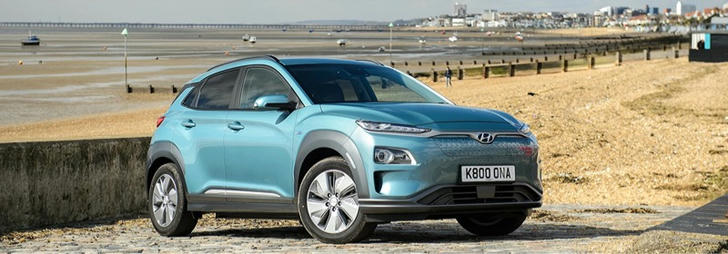Guide to Buying Low-Cost Electric Vehicles in 2025

Electric vehicles are no longer a luxury reserved for a select few. As technology advances and production scales up, more budget-friendly options are hitting the market, making sustainable transportation accessible to a wider audience. With numerous incentives and improvements in battery efficiency, 2025 presents a great opportunity to switch to an electric vehicle without breaking the bank.
Top Low-Cost Electric Vehicles
1.Nissan Leaf
Starting Price: $29,280
EPA-estimated Range: 149-212 miles
A long-standing leader in affordability, offering both a standard 40-kWh battery and a longer-range 60-kWh option.
2.Hyundai Kona Electric
Starting Price: $34,325
EPA-estimated Range: 200-261 miles
A stylish subcompact SUV with a comfortable interior and improved accessibility across the U.S.
3.Chevrolet Equinox EV
Starting Price: $34,995
EPA-estimated Range: 307-319 miles
Exceptional range for its price, fast-charging capabilities, and a well-equipped cabin.
4.Toyota bZ4X
Starting Price: $38,465
EPA-estimated Range: 222-252 miles
Designed for comfort with standard dual-motor all-wheel drive.
5.Ford Mustang Mach-E
Starting Price: $38,490
EPA-estimated Range: 240-320 miles
Blends performance with cutting-edge technology, including semi-autonomous driving features.
Comparison Table
| Vehicle | Starting Price | EPA-estimated Range | Key Features |
|---|---|---|---|
| Nissan Leaf | $29,280 | 149-212 miles | Affordable, reliable, long-range option |
| Hyundai Kona Electric | $34,325 | 200-261 miles | Compact SUV, expanded availability |
| Chevrolet Equinox EV | $34,995 | 307-319 miles | Long range, fast charging, well-equipped |
| Toyota bZ4X | $38,465 | 222-252 miles | Comfort-focused, standard AWD |
| Ford Mustang Mach-E | $38,490 | 240-320 miles | Stylish, semi-autonomous features |
Electric Vehicle Tax Credits
In 2025, federal incentives remain a key factor in making EVs more affordable. Buyers can qualify for up to $7,500 in tax credits for new EV purchases and up to $4,000 for pre-owned models. Eligible manufacturers include Chevrolet, Ford, and Tesla. However, factors such as income limits and vehicle specifications determine eligibility, making it essential to review the latest IRS guidelines before purchasing.
Advantages of Owning an Electric Vehicle
Environmental Impact: Zero tailpipe emissions help reduce air pollution and combat climate change.
Lower Operating Costs: Electricity is often cheaper than gasoline, and EVs generally require less maintenance.
Government Incentives: Rebates and tax credits significantly reduce upfront costs.
Performance & Innovation: Smooth acceleration, advanced technology, and intuitive driver-assist features enhance the driving experience.
Switching to an electric vehicle in 2025 can be a smart financial and environmental decision. With more affordable models and expanded incentives, making the transition to electric mobility has never been easier.
